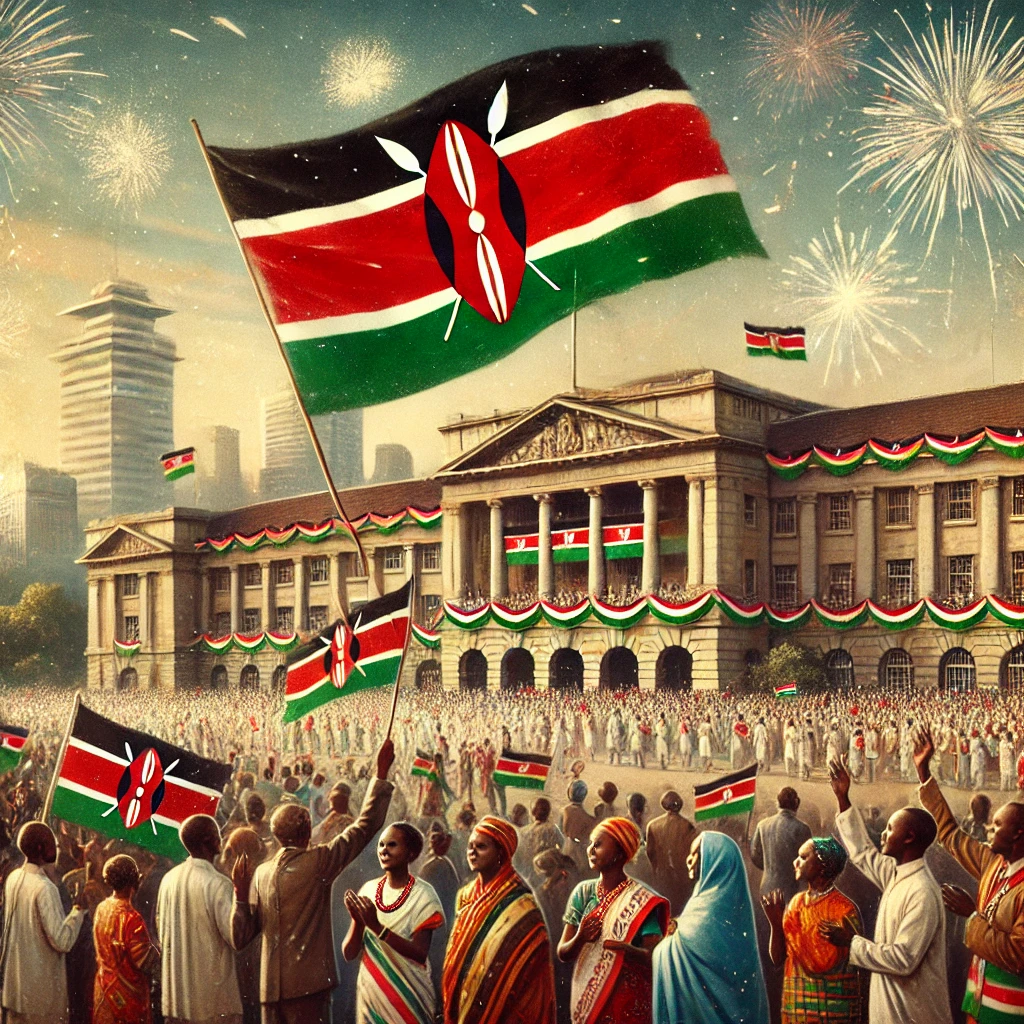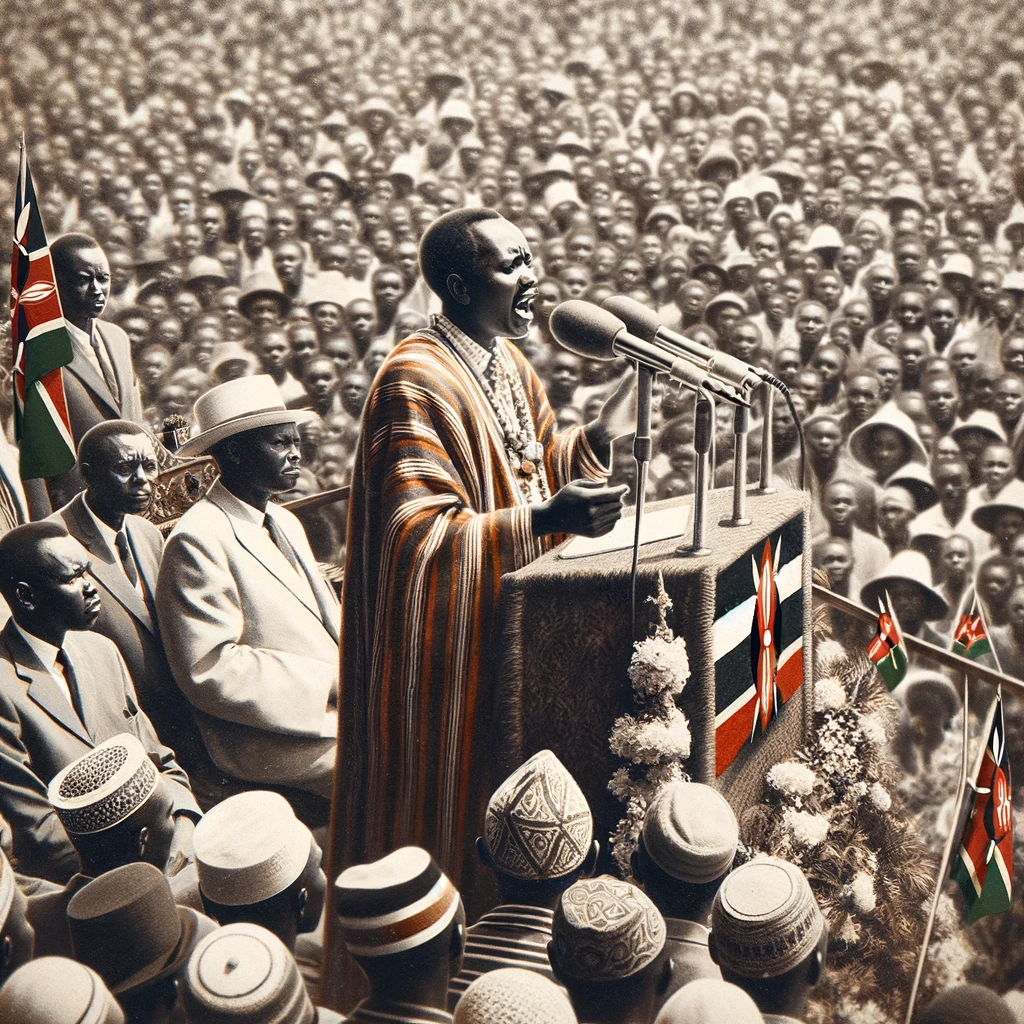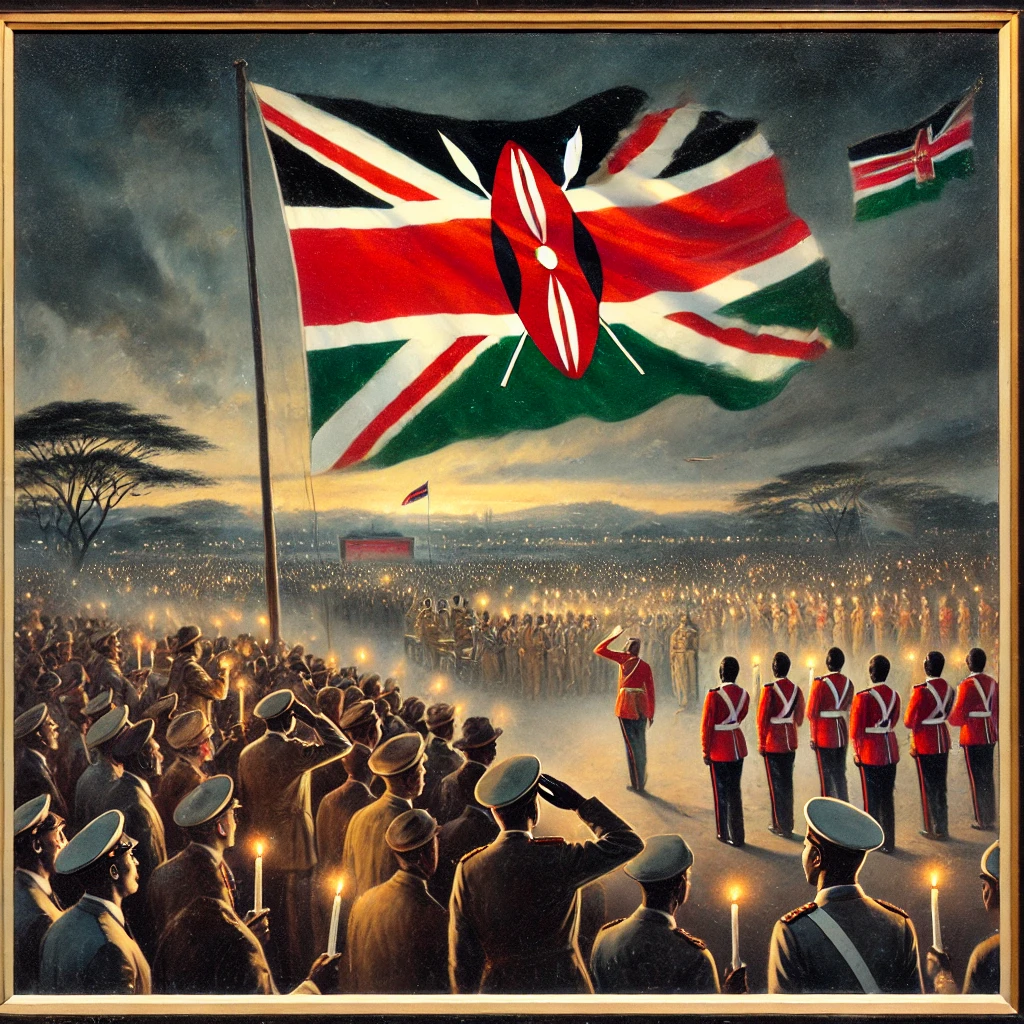December 12th, 1963, marked a momentous occasion as Kenya officially gained independence from British colonial rule. This day symbolized the culmination of years of resistance, negotiation, and unwavering hope for freedom. Under the leadership of Jomo Kenyatta, who became Kenya’s first Prime Minister, the nation began its journey as a self-governing entity, entering a new chapter of autonomy and self-determination.

The Road to Independence: Struggles and Triumphs
Kenya’s fight for independence was not without challenges. The country had endured decades of colonial rule, during which British settlers controlled vast tracts of land and restricted the freedoms of indigenous Kenyans. The Mau Mau Uprising of the 1950s became a pivotal moment in Kenya’s struggle, as it highlighted the growing resistance against British oppression. The movement, though controversial, brought international attention to Kenya’s plight and intensified demands for independence.
As negotiations unfolded, leaders like Jomo Kenyatta emerged as key figures. Despite being imprisoned during much of the uprising, Kenyatta’s vision of a united and independent Kenya resonated deeply with the people. The Lancaster House Conferences in London played a crucial role in drafting Kenya’s constitutional framework, setting the stage for independence.

The Dawn of a New Era
On December 12, 1963, the Kenyan flag was hoisted for the first time, replacing the Union Jack. The event, celebrated with joy and pride, was a testament to the resilience and determination of the Kenyan people. Jomo Kenyatta’s inaugural speech as Prime Minister emphasized unity, peace, and the promise of a prosperous future for all Kenyans.
The transition to independence, however, brought its own set of challenges. The country had to navigate the complexities of nation-building, economic reform, and tribal divisions. Yet, the sense of collective identity and pride in their hard-won freedom remained a driving force for progress.
The Legacy of Independence

Kenya’s independence continues to serve as a beacon of hope and inspiration for nations worldwide. It marked a significant step in the decolonization of Africa, a period during which many African countries sought to reclaim their sovereignty. Kenya’s example demonstrated the power of unity and perseverance in overcoming colonial dominance.
Today, Kenya stands as a leading economic and cultural hub in East Africa. The country celebrates its independence annually on Jamhuri Day, honoring the sacrifices of those who fought for freedom and reflecting on the progress made since 1963. While challenges such as corruption and inequality persist, Kenya’s post-independence journey underscores the enduring spirit of its people and their commitment to shaping a brighter future.
Kenya’s independence is more than a historical milestone; it is a story of resilience and hope. The events of December 12, 1963, remain a powerful reminder of the strength of a nation united in its quest for self-determination. Decades later, the legacy of this day continues to inspire future generations to value freedom, justice, and equality.
